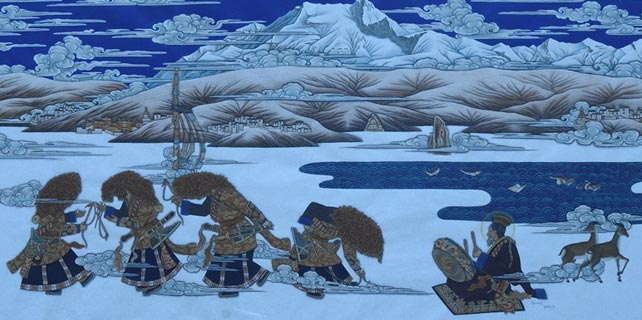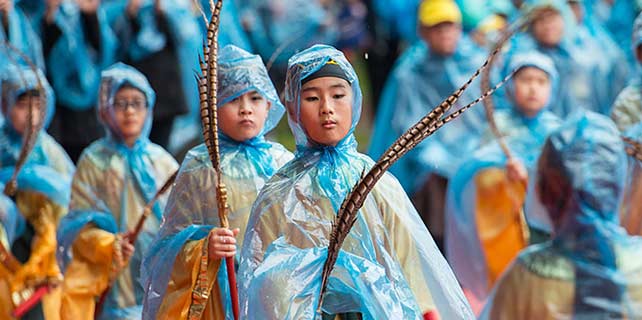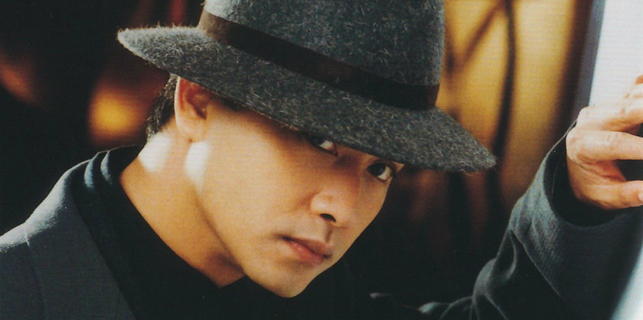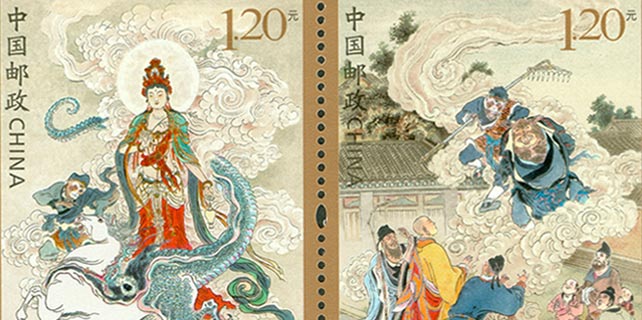5,000 years on, the Yellow Emperor still a unifying force
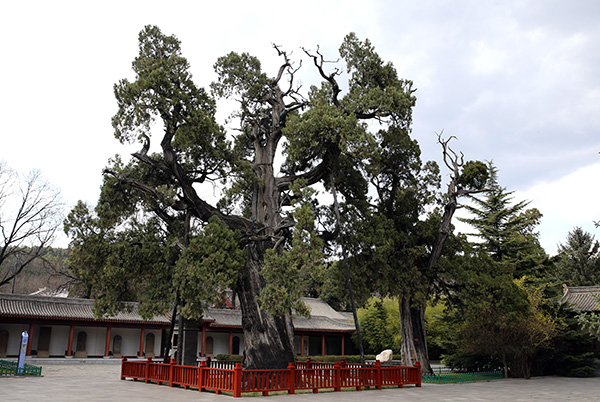 |
|
[Photo provided to China Daily] |
Residents of Huangling, especially those living near the mausoleum, are also benefiting from the growing tourism industry. Some have opened restaurants or work as tour guides, while others have put their talents to good use.
Wang Hulin, 52, a farmer in Liujiachuan village, was the first to open a restaurant catering to travelers in 2005. Now, 38 of the 40 families in Liujiachuan run restaurants for tourists.
"I want to develop a style of cooking called Yellow Emperor cuisine," he said.
Cao Shuquan is a farmer and self-taught sculptor from Shuanglong town, about 40 km from the Yellow Emperor's tomb. He has visited the site many times to study the engravings as well as studied the history books to learn more.
"I find in the Yellow Emperor not only a generous and forgiving ruler, but also a powerful and brave warrior," the 51-year-old said. "If he weren't, it would not have been possible for him to conquer all those other tribes."
Four years ago, Cao started making clay sculptures in the image of the Yellow Emperor. "It's my dream the temple will one day have a big statue of him made by a local artist-and I hope that I can be that artist," he said.
Wang Minzheng, 70, a retired geological prospector, makes traditional decorative flour buns, including for the Yellow Emperor Memorial Ceremony.
He said it takes eight to nine days to make four buns for the event using the skills passed down from his grandmother. Last year, he was paid 1,600 yuan for his ceremonial buns, four times the amount he earned when he started in 2000.
Over the years, his wares have been used by several senior government officials and distinguished guests as offerings to the emperor.
"Traditional crafts always have a market in modern society. The more developed the society, the more valuable the traditional arts are," said Wang, who regularly holds classes for kindergarten and primary school students.
"The offerings are part of a culture that is unique to Huangling," he added. "If lost, one by one, our culture will become inauthentic."




